Brazil Amazon: Illegal miners fire on indigenous group
- Published
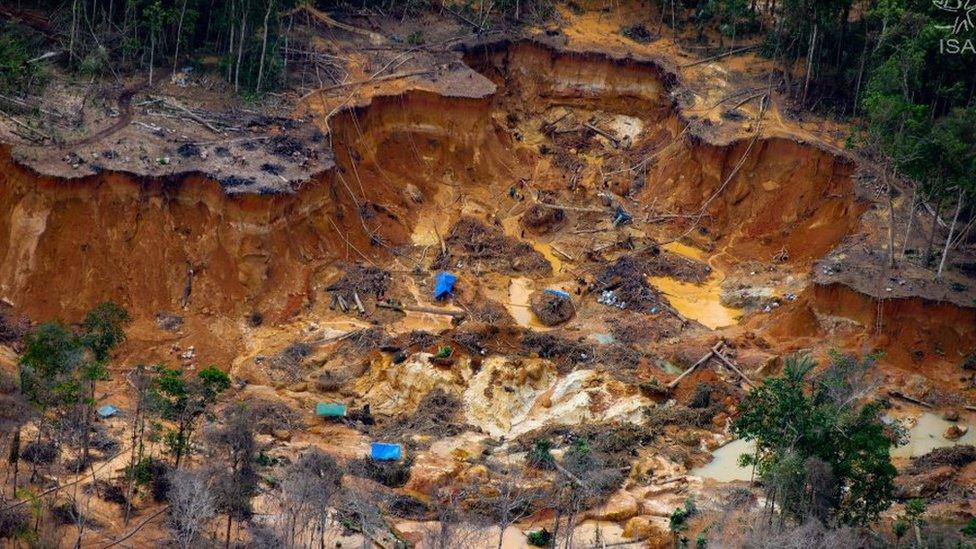
Illegal mining site located near the Uraricoera river in a protected reserve
Illegal miners inside a protected area in the Brazilian Amazon opened fire on an indigenous community using automatic weapons, local leaders say.
The Yanomami group said they responded with bows and arrows, and shotguns. One indigenous person and four miners were injured.
An estimated 20,000 illegal gold miners are in the Yanomami area, Brazil's largest protected indigenous reserve.
Violence in the Amazon has increased under President Jair Bolsonaro.
The far-right president, a critic of the size of the indigenous reserves, has promised to open some of them to agriculture and mining. His government has weakened environmental protections, and critics say his rhetoric has emboldened illegal activity in the region.
Junior Hekurari Yanomami, from the Yanomami-Ye'kuanna group, said the half-hour shootout happened on Monday in the Palimiú community in Roraima state, near the border with Venezuela. About 930 people live in the area.
A video that purportedly shows the incident captured the moment a boat passed by the community and gunshots were heard. About a dozen women and children who were gathered near the Uraricoera river were seen running for cover amid desperate shouts.
The river is used by illegal miners, known locally as garimpeiros, to transport petrol and other goods to their camps. According to Mr Hekurari Yanomami, the community had set up barricades to try to prevent the miners from entering their territory.
He said three of the miners had been killed in the confrontation, but Brazil's federal police said later it could not confirm the number.
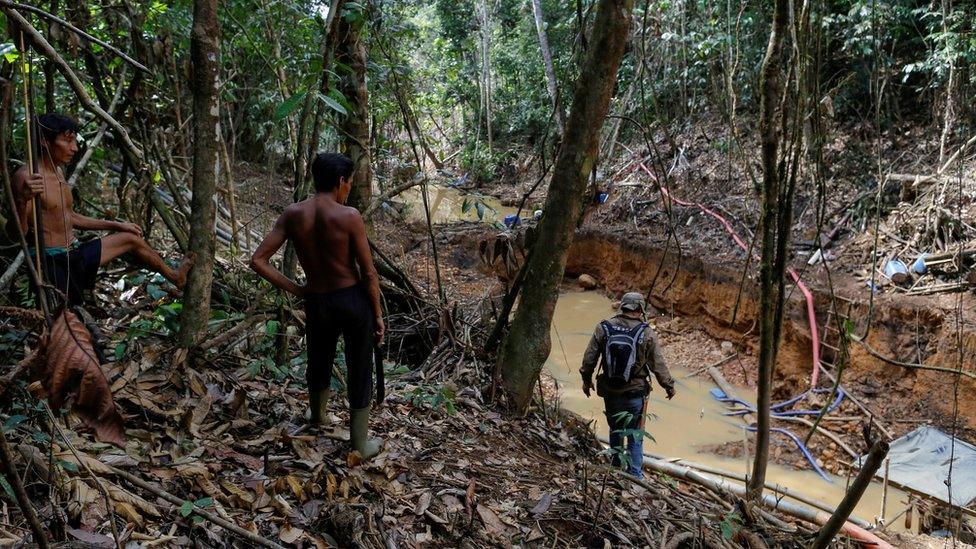
A search for illegal miners, of which thousands operate in the Yanomami reserve in Brazil (file photo)
Transcripts of audio messages shared in groups used by illegal miners and published by the non-profit group Instituto Socioambiental (ISA) suggest the community was attacked after they seized petrol, external that was to be sent to a mining camp.
The messages also say the attackers were allegedly affiliated to a criminal organisation. Experts say the area is controlled by members of the São Paulo-based Primeiro Comando da Capital (PCC), Brazil's largest criminal group that is linked to drug and arms trafficking.
In a letter to federal authorities, Mr Hekurari Yanomami called for "urgent action to stop the spiral of violence in the area and to guarantee the security of the community". He said members of the indigenous group were sheltering in the jungle as the miners had threatened to retaliate.
It was the third incident between indigenous people and illegal miners in the area in two weeks. "Everybody is scared," he said in a video.
A local co-ordinator of the indigenous agency, Funai, said the situation was "serious" and because there was the "imminent risk of further conflict" it would not be able to send a team to investigate the incident without security protection.
On patrol with an indigenous leader trying to protect the Amazon from land grabbers
In March, ISA said an area equivalent to 500 football pitches had been destroyed, external by mining in the Yanomami territory last year alone, with most of the activity located around the Uraricoera river.
Work by garimpeiros intensified after President Bolsonaro took office in 2019, the report said. Mining camps, once located in areas deep in the jungle, were getting closer to indigenous villages, it added, increasing the risk of conflict.
Rivers used by indigenous communities are being contaminated by mercury that is released from mining, while miners are also believed to have brought diseases to the area, including Covid-19 and malaria.

President Bolsonaro, who is supported by powerful agribusiness leaders and is likely to run for re-election next year, has long questioned the need for large indigenous reserves in the rainforest.
Activists and indigenous groups have denounced his government's lack of action against illegal logging and mining in protected areas, and say environmental enforcement remains underfunded.
The president rejects the criticism, saying Brazil remains an example for conservation. But last year, deforestation in the Brazilian Amazon surged to a 12-year high.
- Published29 April 2021
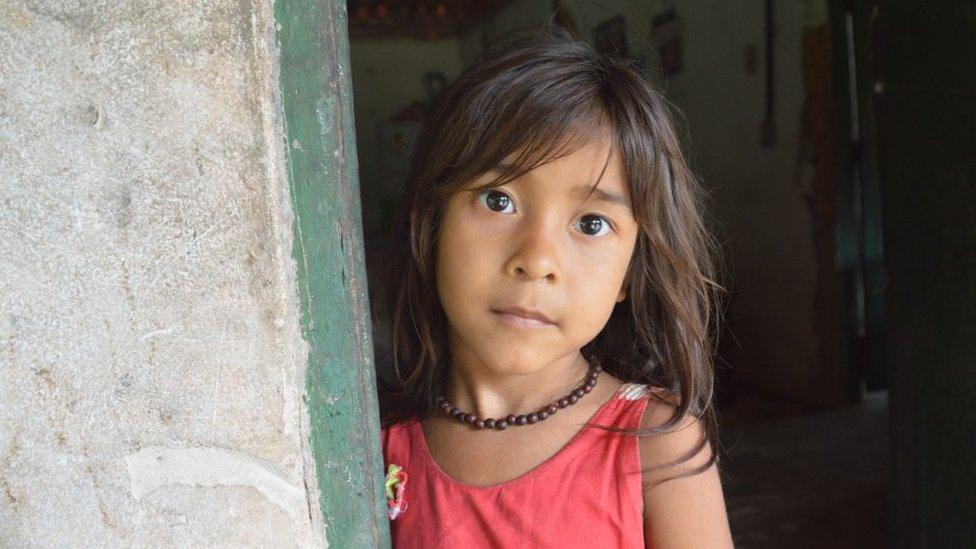
- Published30 November 2020
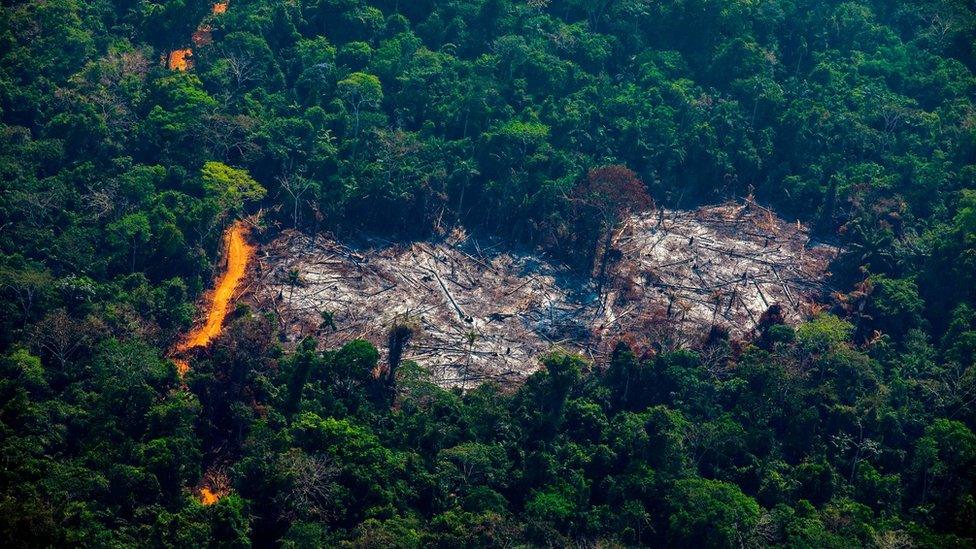
- Published27 January 2020
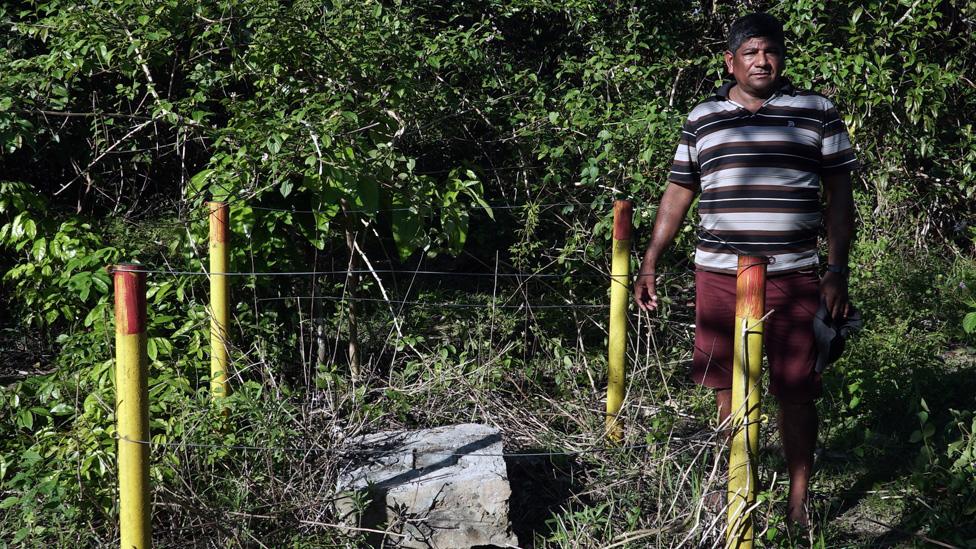
- Published31 January 2020
